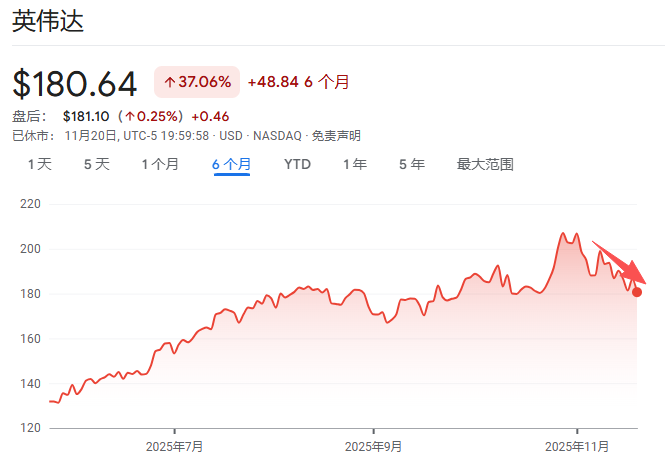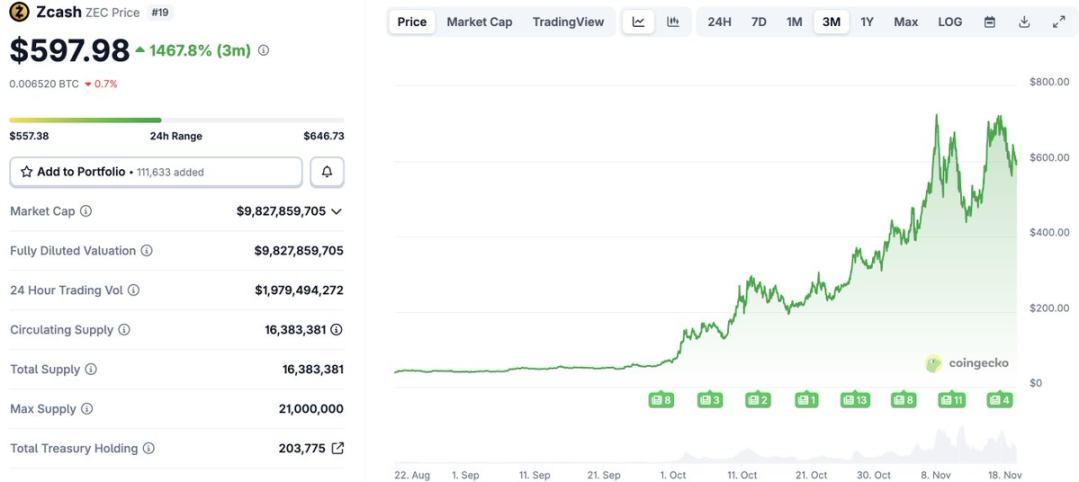Alleged Fraudsters Run Ponzi-Style Payments After Raising $112,000,000 From Investors
The US Securities and Exchange Commission (SEC) is suing three individuals for allegedly conducting fraudulent securities offerings, misusing investor funds and engaging in a Ponzi scheme.
In a statement, the SEC announces the filing of charges against Retail Ecommerce Ventures LLC (REV) co-founders Taino Lopez and Alexander Mehr and the firm’s Chief Operating Officer, Maya Burkenroad.
REV’s primary business involves buying distressed retail companies with name-brand recognition and converting them into e-commerce-only businesses. The firm then serves as the holding company and manager of the retailer brands.
The SEC complaint alleges that from April 2020 to November 2022, the defendants raised approximately $112 million through the fraudulent offer and sale of securities issued by eight REV portfolio companies, namely Brahms, Dress Barn, Franklin Mint, Linens ‘N Things, Modell’s Sporting Goods Online, Pier 1 Imports, RadioShack and Stein Mart.
The defendants sold securities in the form of unsecured notes that promise up to 25% in annualized returns and equity (membership units) with a monthly preferential dividend as high as 2.083% purportedly to raise funds for acquiring the predecessor of and raising additional operating capital for the REV retailer brands.
The SEC says the offerings provided material misstatements on the success and profitability of the company’s business model and retailer brands, as well as the safety of the investors’ investments.
Reads the complaint,
“Contrary to these representations, while some of the REV Retailer Brands generated revenue, none generated any profits.”
The SEC says that at least $5.9 million of the returns that were distributed to investors were, in fact, Ponzi-like payments that were funded by other investors.
“In order to maintain the appearance of a successful business, Defendants started operating a Ponzi scheme by making payments of promised returns to existing investors using either new investors’ funds or investor funds from other REV Retailer Brands.”
The securities watchdog also says the defendants misappropriated approximately $16.1 million in investor funds for Lopez’s and Mehr’s personal use.
Generated Image: Midjourney
Disclaimer: The content of this article solely reflects the author's opinion and does not represent the platform in any capacity. This article is not intended to serve as a reference for making investment decisions.
You may also like
Has the four-year cycle of Bitcoin failed?
The various anomalies in this cycle—including waning sentiment, weakening returns, disrupted rhythms, and institutional dominance—have indeed led the market to intuitively feel that the familiar four-year cycle is no longer effective.

At an internal Nvidia meeting, Jensen Huang admitted: It's too difficult. "If we do well, it's an AI bubble," and "if we fall even slightly short of expectations, the whole world will collapse."
Jensen Huang has rarely admitted that Nvidia is now facing an unsolvable dilemma: if its performance is outstanding, it will be accused of fueling the AI bubble; if its performance disappoints, it will be seen as evidence that the bubble has burst.

After a 1460% Surge: Reassessing the Value Foundation of ZEC
Narratives and sentiment can create myths, but fundamentals determine how far those myths can go.

The demise of a DAT company
The $1 billion Ethereum DAT plan led by Li Lin and others has been shelved due to the bear market, and funds have been returned. This "going with the flow" approach may reflect consideration of investor sentiment.
